Phase Inspection
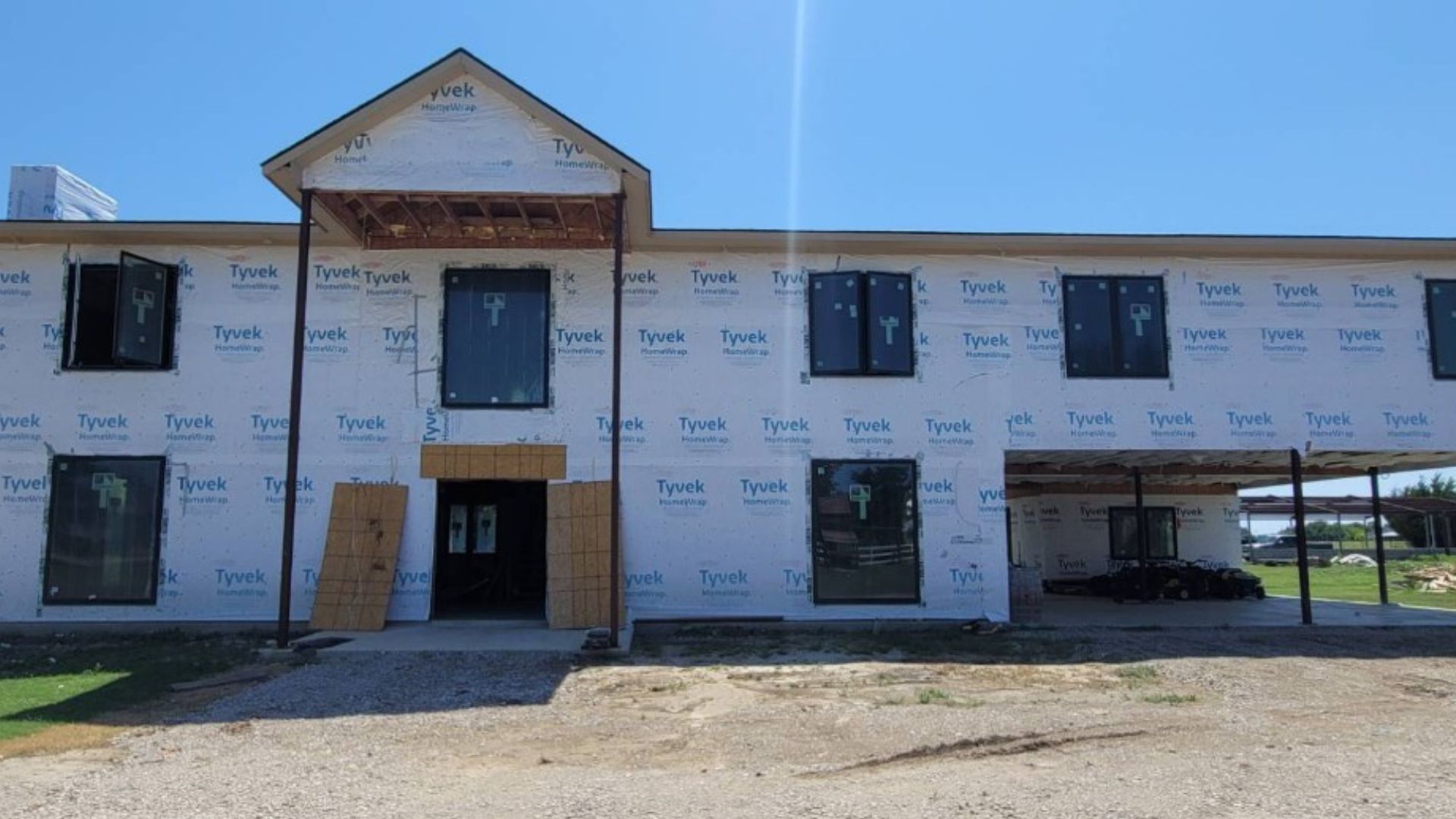
Inspection Overview
A phase inspection of a residential home involves evaluating the construction process at critical stages to ensure safety and structural integrity. Typically, it includes three key phases:
Pre-pour phase: assesses site preparation, reinforcement, and forms before the concrete foundation is poured, ensuring structural integrity.
Pre-drywall phase: occurs after framing but before drywall installation, allowing inspectors to check structural framing, electrical, plumbing, HVAC, and insulation systems for potential issues.
Final inspection: is conducted once the home is fully constructed, evaluating all major systems, fixtures, and overall compliance with codes and standards.
By addressing potential issues at each step, phase inspections reduce the risk of future repairs, improve the home’s safety, and ensure construction quality from the ground up.
Safety and structural standards checked each and every step of the way!
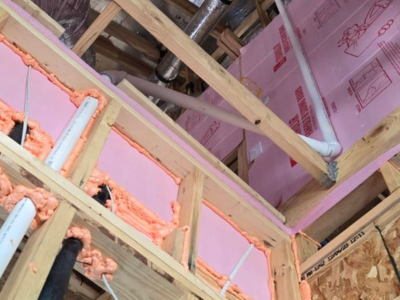

Inclusions
- Foundation
- Grading and Drainage
- Roofing Materials
- Roof Structure and Attic
- Interior and Exterior Walls
- Ceilings and Floors
- Interior and Exterior Door
- Windows
- Stairways
- Fireplaces
- Porches
- Main Electrical Panel
- Branch Circuits
- Heating/Cooling/Duct Systems
- Plumbing Systems
- Water Heating Systems
- Appliances
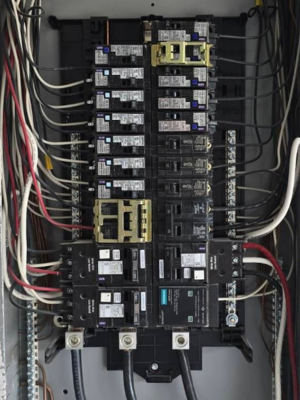
Added Value
Our added-value home inspection services provide home buyers with a deeper understanding of their potential property. Going beyond standard inspections, our services offer enhanced insights and peace of mind. Thermal imaging reveals hidden moisture, electrical issues, and insulation problems, while moisture testing detects conditions that may lead to mold or organic growth. By uncovering issues that might otherwise go unnoticed, you can make informed decisions and potentially save money by addressing problems early. With these services included at no extra cost, we show our dedication to thorough, high-quality inspections, ensuring you feel confident and secure in your investment.
- Thermal Imaging
- Moisture Intrusion
- Carbon Monoxide Testing
- Irrigation System
- Pest Observation
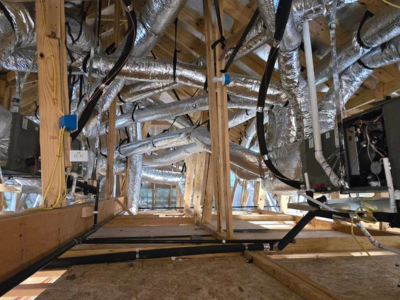
ADDITIONAL PLUMBING SERVICES
Looking for more?
Including a septic or sewer scope in your home inspection helps identify hidden plumbing issues, saving you from costly repairs later and giving you added confidence in the condition of your investment.
Sewer Scope
A sewer scope inspection for residential homes is designed to assess the condition of a property’s sewer line and identify potential issues. Using a specialized camera, a trained inspector examines the interior of the sewer pipe to detect blockages, cracks, root intrusion, corrosion, and other potential problems that may not be visible from the surface.
Septic System
A septic system inspection evaluates the condition and functionality of a home’s septic system, which is responsible for treating and disposing of wastewater from the household. The inspection involves examining components such as the septic tank, drain field, pipes, and distribution box to ensure they are in good working order. The purpose of this inspection is to identify potential issues such as leaks, blockages, sludge buildup, or system failures that could lead to health hazards, costly repairs, or environmental contamination.
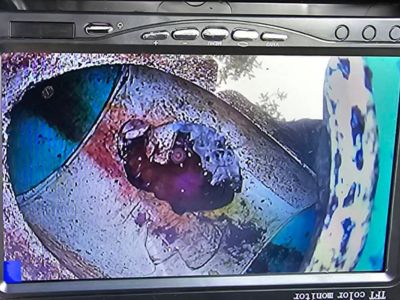
ADDITIONAL EXTERIOR SERVICES
We have you covered!
Pool and outbuilding inspections help uncover potential safety hazards or costly repairs, ensuring all aspects of your property are in good condition before making your investment.
Pool | Spa
A pool inspection is designed to assess the condition, safety, and functionality of a residential swimming pool and its associated systems. During the inspection, various components are evaluated, including the pool structure, lining, decking, pumps, filters, heaters, plumbing, and electrical systems. The inspector checks for cracks, leaks, proper water circulation, and safety features like fences, covers, or alarms. The purpose of a pool inspection is to identify potential safety hazards, structural issues, or equipment malfunctions that may require repair or replacement.
Outbuildings
An outbuilding inspection evaluates the condition and safety of detached structures on a residential property, such as sheds, barns, garages, or workshops. The purpose of this inspection is to assess the structural integrity, roofing, siding, foundation, and overall safety of the outbuilding. Additionally, the inspection examines electrical, plumbing, and other installed systems to ensure they function correctly and meet safety standards.
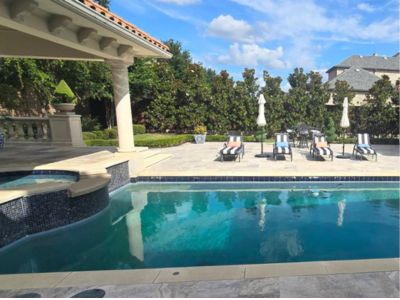
Subscribe to our newsletter
Stay on top of your home’s care with our monthly newsletter! Subscribe to receive expert home maintenance tips, advice from industry professionals, and handy reminders to keep your home in great shape all year round. Join us for helpful insights delivered straight to your inbox!
